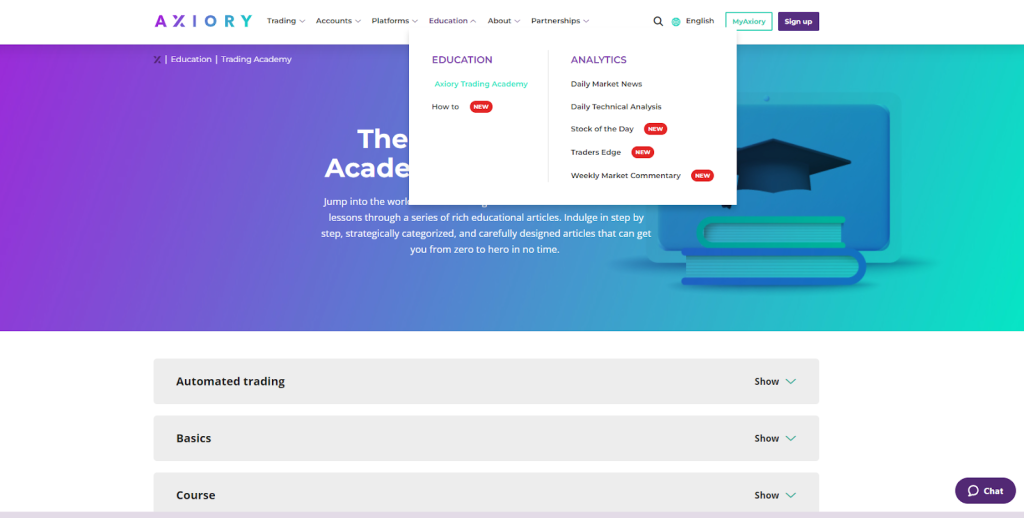
However, real challenges remain for many organisations looking to secure data and keep cybercriminals out with 61 per cent believing that adherence has not brought any advantages
A recent survey involving 1,800 CEOs and marketing executives in 27 European countries has highlighted the ongoing challenges facing companies trying to ensure adherence to GDPR. Indeed, 61 per cent have found that compliance with GDPR has not brought any advantages to their business with 14 per cent saying that it had actually had a negative impact.
Six years after the introduction of GDPR its impact is still being felt across sectors as businesses continue to strive to collect and process data more responsibly and securely. The main challenges remain the significant financial and time costs that are so often linked to compliance, which include an increase in hiring and training costs.
However, there are real positives from the results showed that two-thirds of companies have found GDPR easy to understand with just under 60 per cent believing that is it easy to implement. In another positive 38.6 per cent of companies believed that adherence to GDPR had made a positive difference to their business.
It also seems to suggest that companies are keen to prioritise adherence to GDPR to improve and build trust with consumers (72 per cent) rather than just a tick-box exercise. This according to Mark Roebuck founder and Data Protection Consultant at data and protection compliance specialist, ProvePrivacy is the most encouraging sign from the survey.
“The survey really does encapsulate the GDPR landscape. Companies are beginning to see the benefits of being compliant with regulations such as GDPR, with many seeing real benefits and understanding that, on the whole they are easier to implement than first feared. However, this shouldn’t be seen as purely as a good news story as many others are struggling with some of the negatives of implementing new procedures.
“61 per cent believe that GDPR has brought about no discernible business benefits with 14 per cent believing that the process to adherence has had a negative impact. It might be in these cases that the improvements made to processes within the business have meant data is better protected and so has not been exposed or hacked. This, of course, is not an immediately tangible benefit, but a critical one.
“The other main negativity seems to stem from the increase in budgets, hiring and training needed to help companies become compliant. However, some are turning to affordable solutions that help staff to manage data compliance, simply and effectively.
“These solutions identify data protection risks, maintain policies and procedures and importantly, provide staff with e-learning material that allows them to better understand the threats. This can be implemented with one, simple-to-use platform.
“The survey reported that 92.2 per cent of respondents believed that companies have to respect the privacy of individuals online. This is perhaps the most important stat. This after all is the basis of GDPR being introduced in the first place. This combined with easy-to-use solutions that make the process of understanding where data sits and vulnerabilities might lie, should make the journey to adherence more affordable, effective and easy to manage,” Roebuck concluded.



















